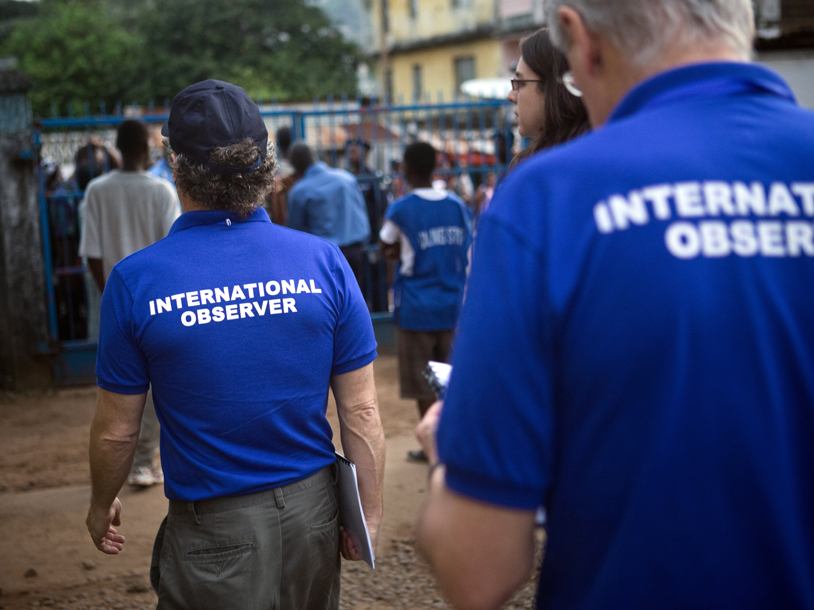Cameron Hume, former U.S. Ambassador and leader of the Carter Center’s Sierra Leone Election Observation Mission, has criticized the 2023 elections in Sierra Leone, stating that they were flawed.
Hume made these remarks during an interview with the BBC, asserting that these flaws resulted in the re-election of President Julius Maada Bio.
According to Hume, these flaws have made it unsurprising that the opposition candidate, Samura Kamara, officially rejected the election results, in which President Bio secured 56% of the vote. He emphasized that the uncertainty surrounding the results stems from the errors in the ballot counting process rather than a clear indication that Kamara performed better.
Hume revealed that his monitoring team encountered issues during the counting process, including ballot boxes with broken seals. Additionally, counting centers failed to uphold their commitment to publicly display data as ballots were tallied. While Hume commended the citizens of Sierra Leone for their active participation on Election Day, he expressed doubts about the integrity of the overall process.
Furthermore, Hume criticized the Electoral Commission for not fulfilling its agreement to publicly display results on polling station walls for the benefit of observers and political parties. He noted that none of the tabulation centers exhibited the results, leading to further uncertainty and skepticism regarding the process.
Hume contended that it was during the final stages of the election that the Sierra Leone Electoral Commission damaged the trust and confidence in the process.
In an earlier press release, the mission leader expressed concerns about the lack of transparency observed during certain parts of the tabulation process. The mission called for maximum transparency in the coming days as election officials finalize the vote tabulation and prepare to release the final results. They specifically urged the Election Commission of Sierra Leone (ECSL) to publish results at the polling station level, allowing for cross-verification by party agents, citizen observers, and international observers, in accordance with international best practices.











